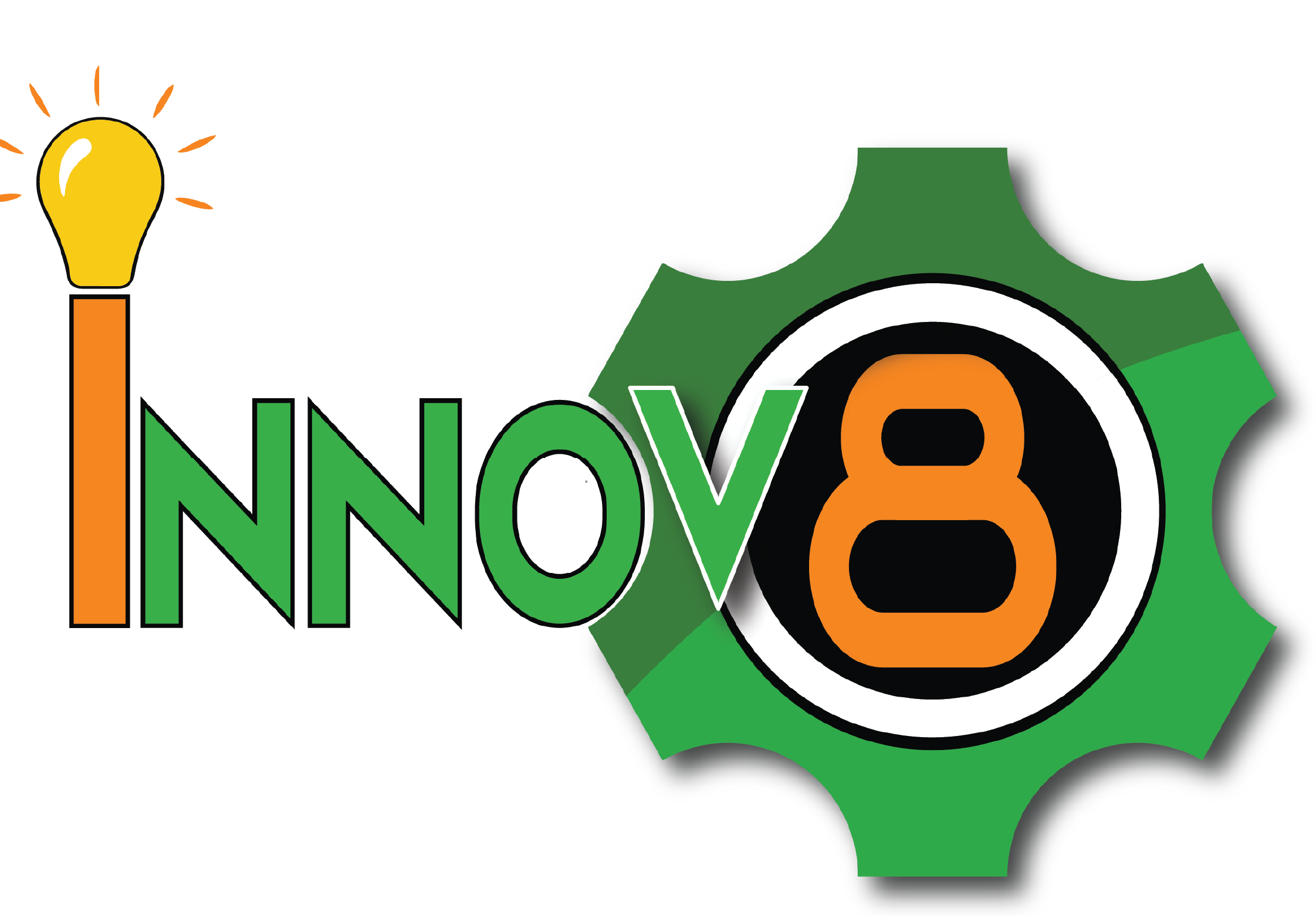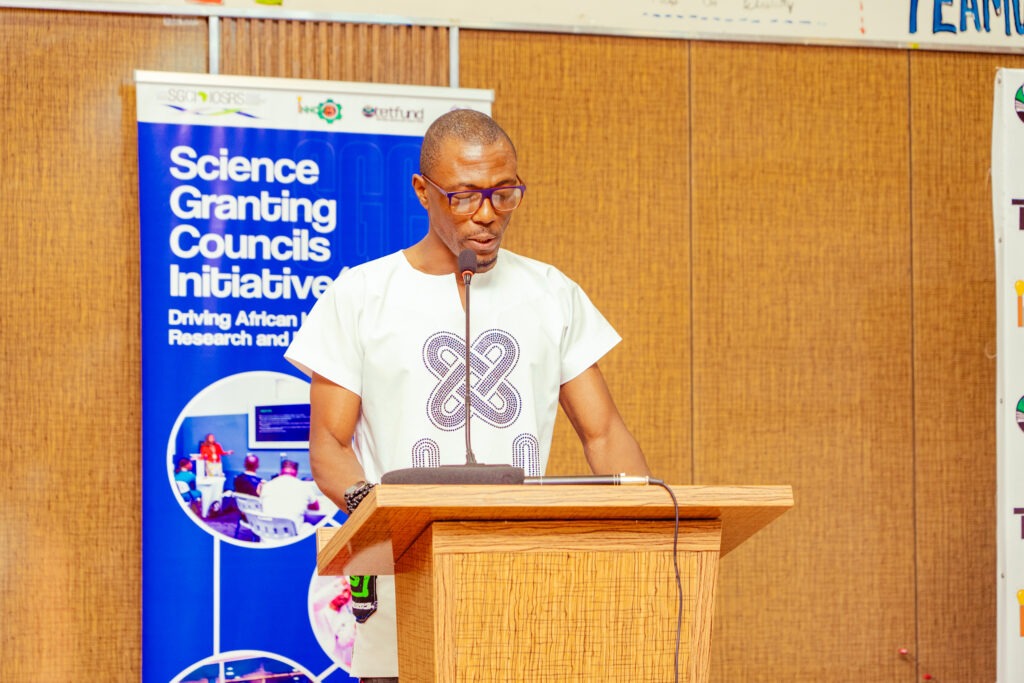
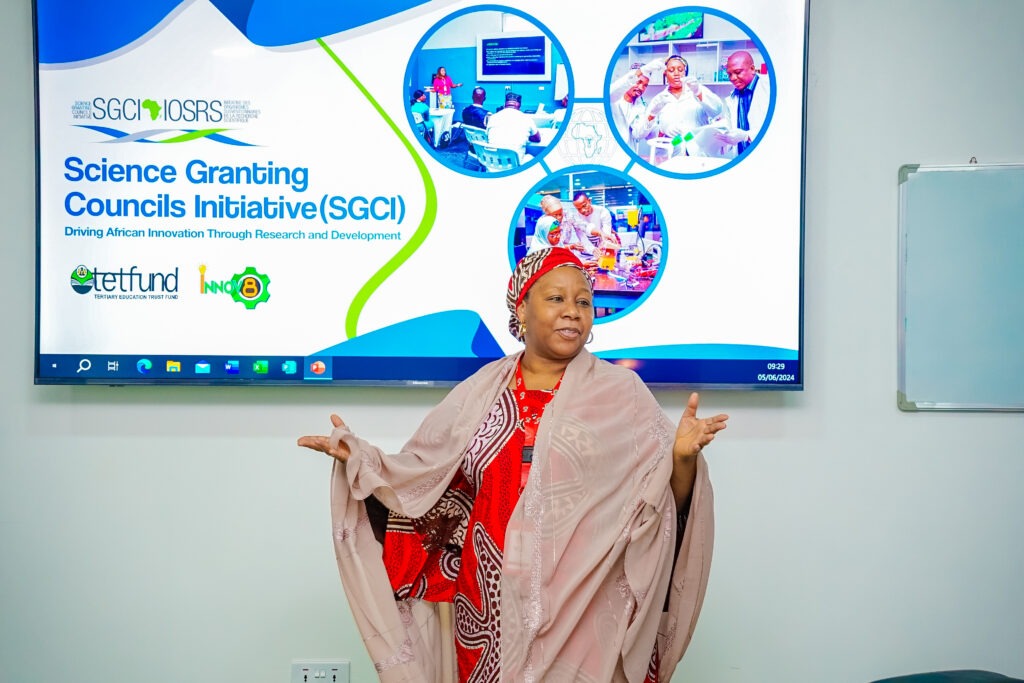
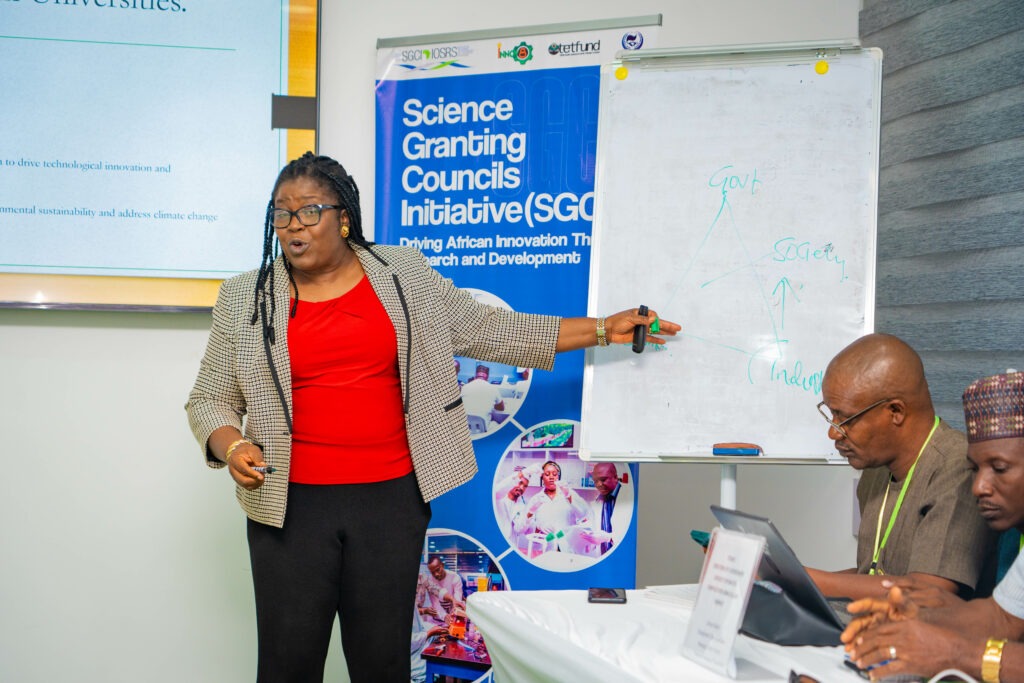
INTRODUCING ... |
SGCI (Science Granting Council Initiatives)
The Science Granting Councils Initiative (SGCI) is is a one-year, intensive capacity-building and product development journey designed specifically for academics, researchers, and innovators, particularly those alumni from the Research for Impact (R4I) program. The SGCI initiative plays a key role in strengthening national research and innovation ecosystem by implementing competitive funding schemes that stimulate high-impact research and innovation in tertiary institutions.
Our Focus
This program bridges the gap between research and real-world impact by providing a structured pathway to transform early-stage ideas and prototypes into viable, market-ready technology solutions. It emphasizes entrepreneurial thinking, user-centric design, and innovation-driven problem-solving. These are critical elements in building indigenous technology solutions that advance sustainable development.
The Science Granting Councils Initiative (SGCI) is a multi-funder initiative aimed at strengthening the capacities of 17 Science Granting Councils (SGCs) in sub-Saharan Africa. These councils contribute significantly towards strengthening national research and innovation ecosystems in their respective countries. This goal is mainly achieved through funding mechanisms that involve competitive calls for proposals targeting research and innovation projects. Alongside this mandate, the councils also collect and manage data for the purposes of monitoring and evaluation of the funded projects.
SGCI is funded collaboratively through TETFund by International Development Research Centre (IDRC), Swedish International Development Cooperation Agency (SIDA), National Research Foundation (NRF) of South Africa, Norwegian Agency for Development Cooperation (NORAD), German Research Foundation (DFG), and UK’s Foreign, Commonwealth and Development Office (FCDO). The program initiative is part of the Research and Innovation project implemented by the Association of African Universities (Ghana), the African Centre for Technology Studies (Kenya), and Université Cheikh Anta Diop (Senegal).
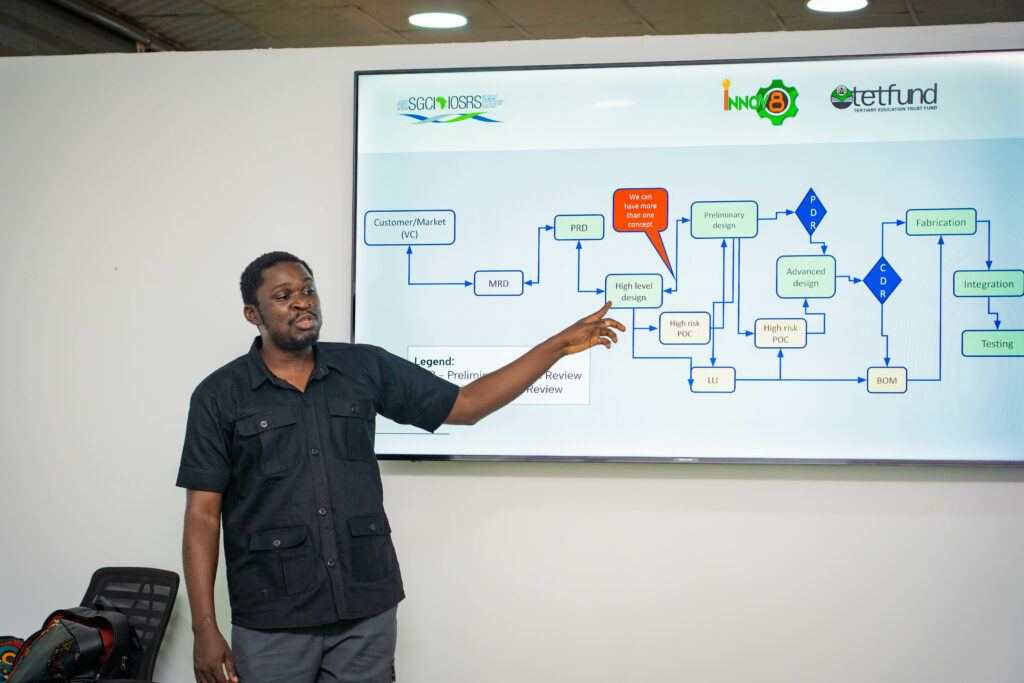
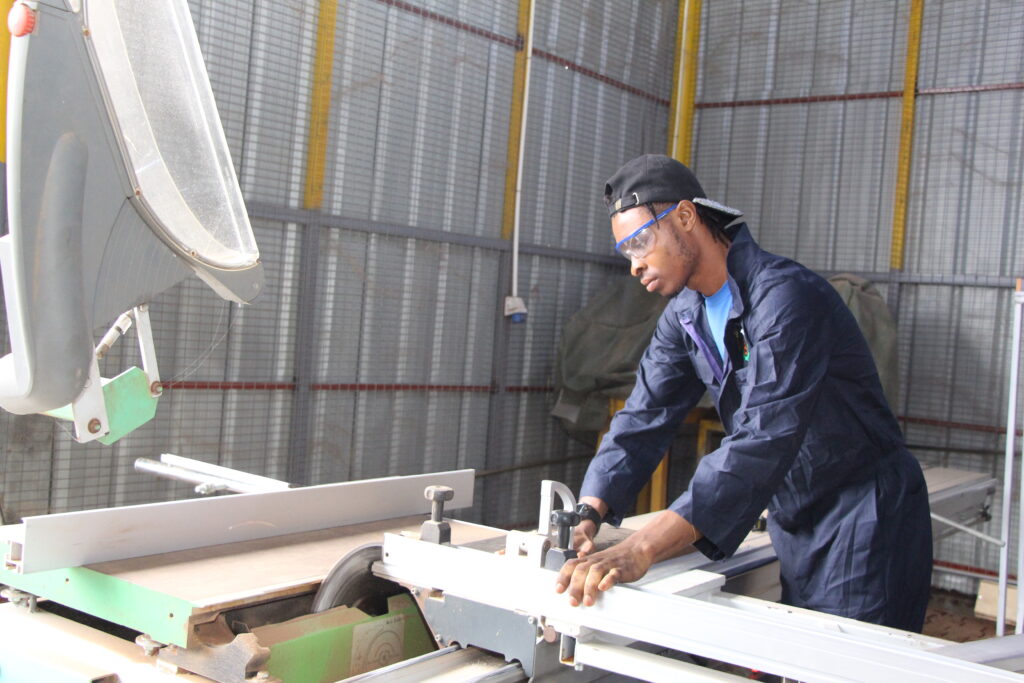
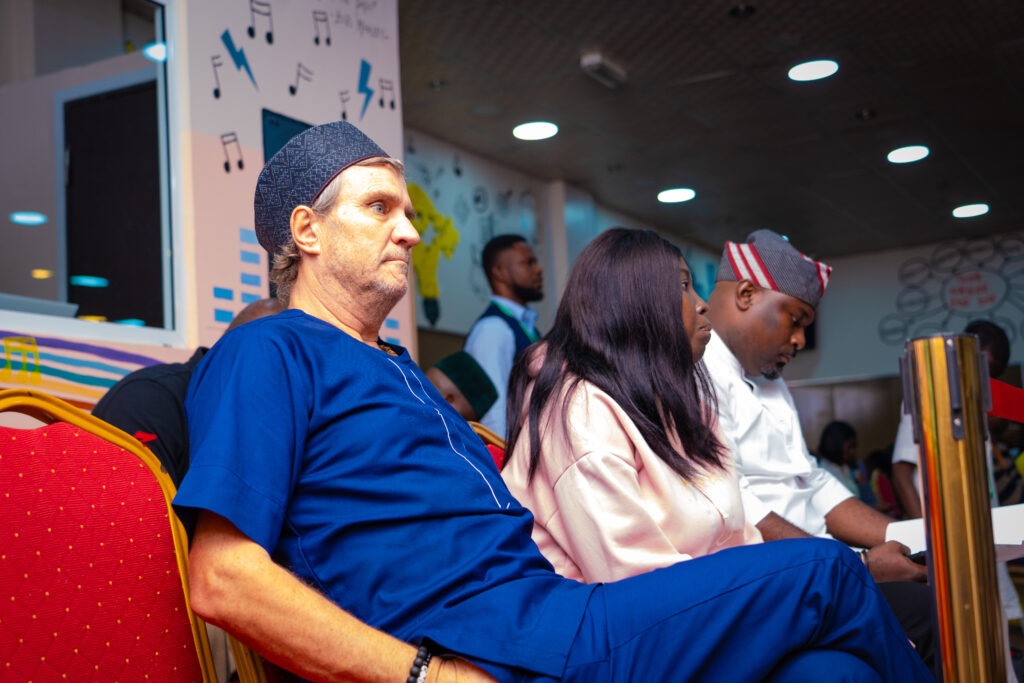
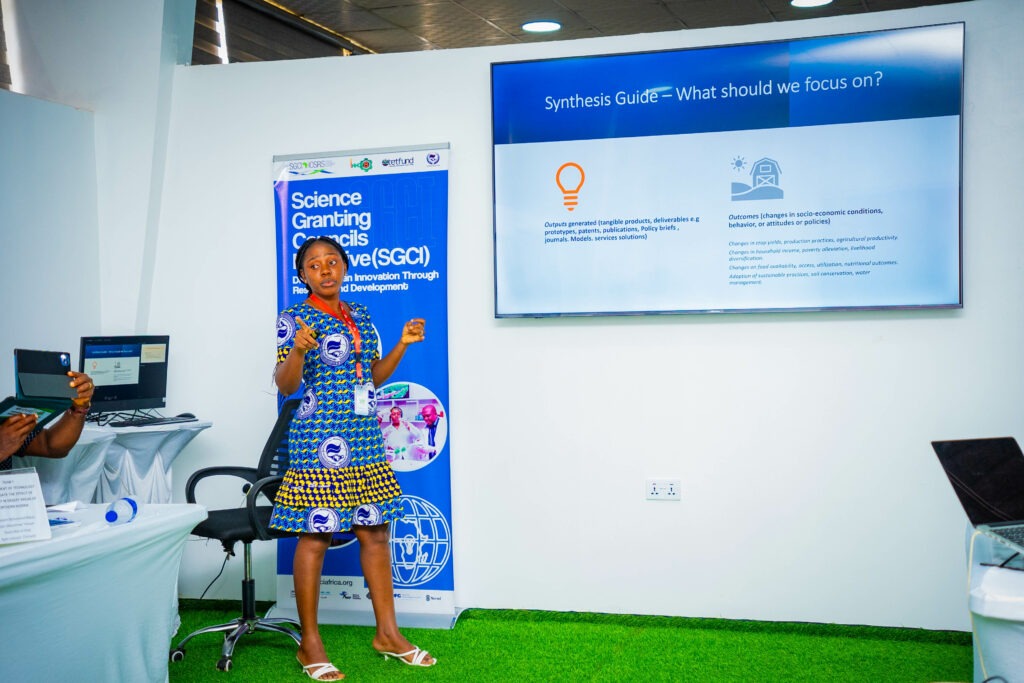
SGCI Structure
Participants selected from the R4I program progress through a curated three-phase structure:
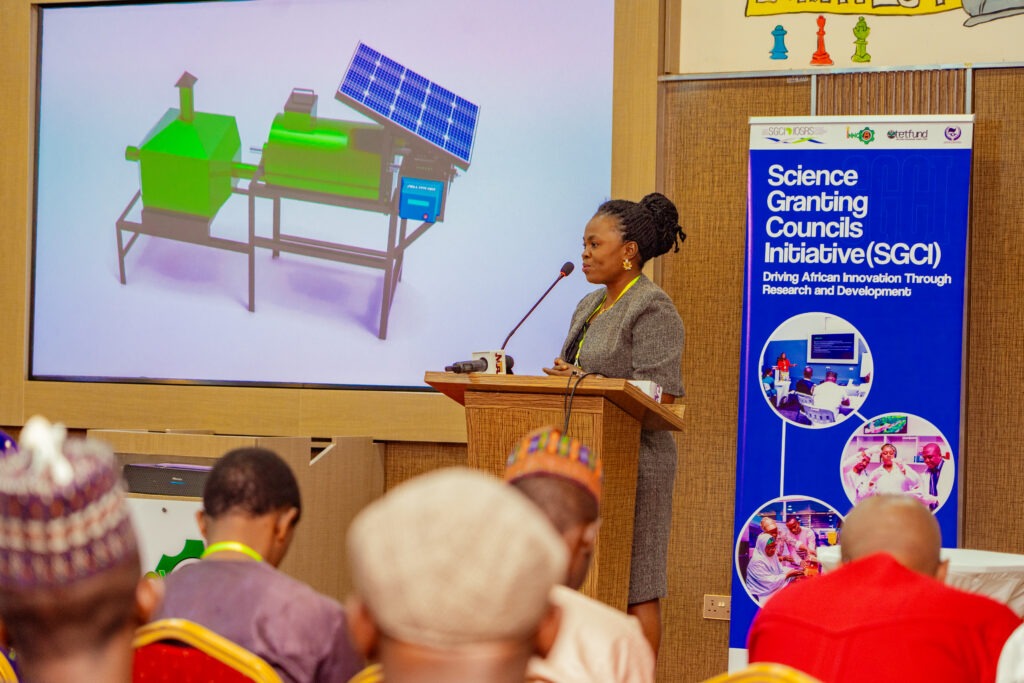
Teams receive foundational training in entrepreneurship, business modeling, and innovation strategy to prepare their ideas for market readiness.
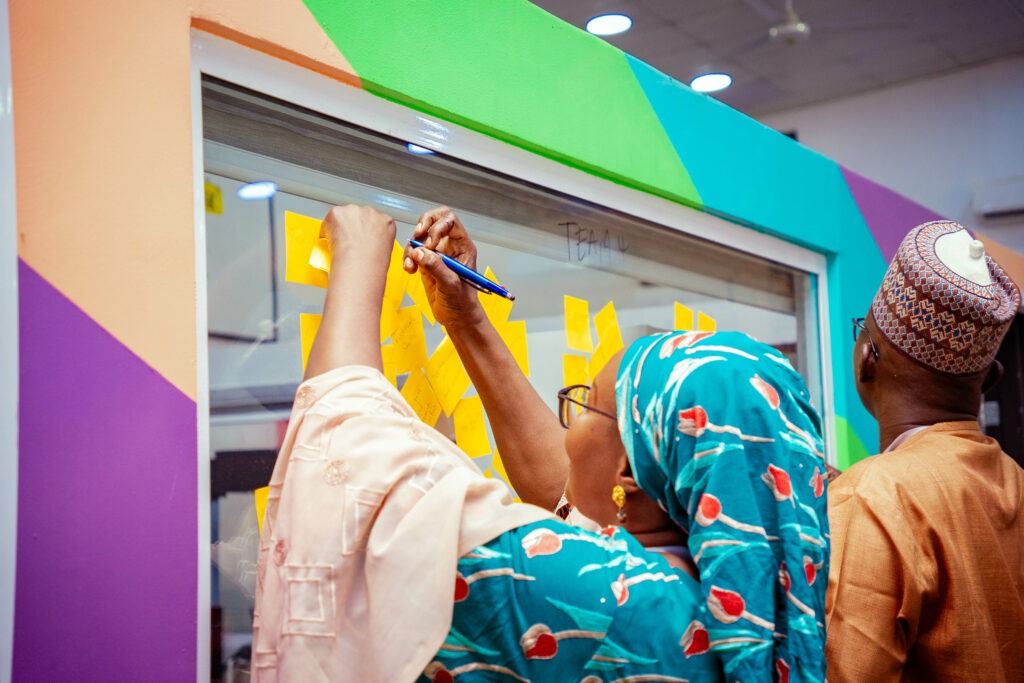
A user-driven design approach is introduced to validate core assumptions and align product development with real-world needs.
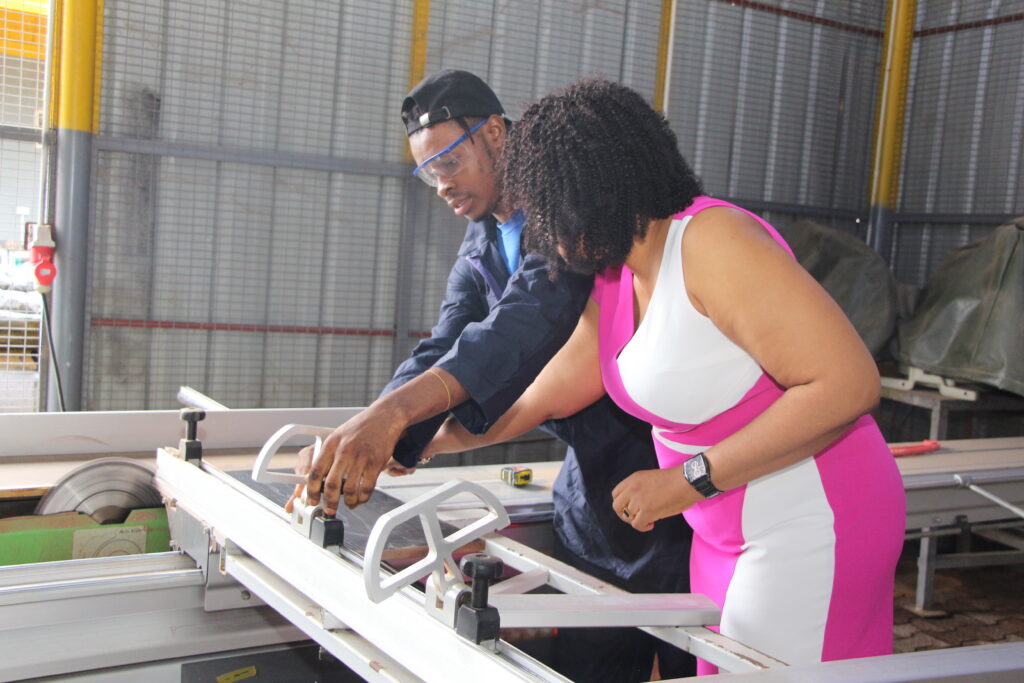
Teams build and refine Minimum Viable Products (MVPs), deploying early functional versions of their solutions to gather feedback and iterate rapidly.
Outcomes & Impacts
From Research to Commercialization
Participants learn to reposition research output from academic publication toward commercialization and practical deployment.
Strengthening Indigenous Innovation
The program nurtures locally-developed solutions, fostering homegrown technologies capable of addressing pressing societal challenges.
Expanding Nigeria’s Tech Ecosystem
This initiative reinforces our position as a leading maker space, committed to cultivating a vibrant, knowledge-driven economy.
Capacity Development
Participants gain critical skills in entrepreneurship, market intelligence, and product development, enhancing both individual and institutional capabilities.
Our Participants Innovations
SGCI Prototypes
i-Gel 23
A technology designed to mitigate the effect of drought in desert areas of northern Nigeria.
The solution i-GEL 23, is a hydro-gel, hydrophilic cross-linked polymers that improves soil moisture retention, reducing erosion, and enhancing nutrient availability.


Jolly Fryer
Jolly Fryer is a garri frring technology positioned to transfrorm the landscape of food production in Nigeria and beyond. The innovation is a solar-powered garri frying machine, incorporating a heat exchanger and an insulated chamber, that conserved heat for enhanced frying process. The solution seeks to rectify the shortcomings of current frying methods, which heavily relies on manual procedures, causing associated health risks.
Water 23
It is a water filtration device designed to deliver clean, safe drinking water through a multi-stage filtration process. The filtyrati0on system undergoes six stages before dispensing clean water; this process ensures the removal of large particles such as sand, dirt, and rust, and destroys any microorganisms such as bacteria, viruses, and protozoa before eventually dispensing portable water.


Airvolt
The Airvolt system is a vertical axis wind turbine which functions as a real-time energy monitoring solution for turbine-generated power. The turbine system captures wind energy, while the power generated is passed through a charge controller and inverter. It then converts the stored energy into usable AC power.
